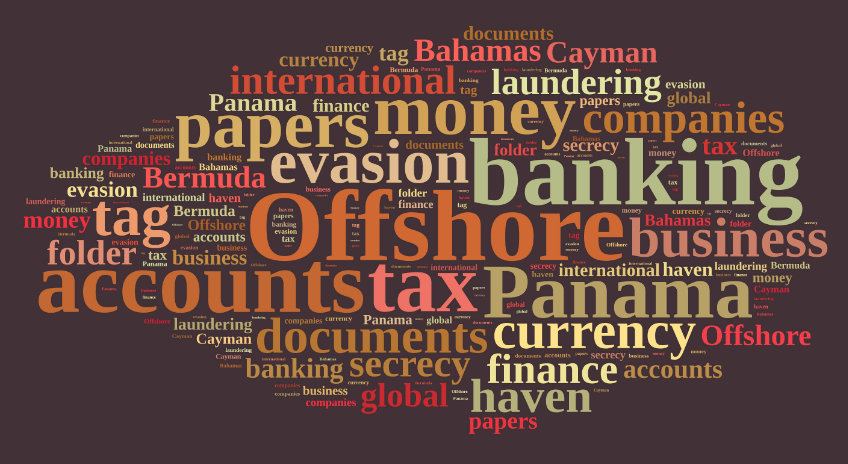
Public-Private Partnerships in the Fight against the Financing of Terrorism
Confronted with transnational terrorism and other forms of organised crime that elude the territorial borders of nation states, law enforcement authorities in many countries are increasingly turning to the private sector to tackle illicit financial flows. While banks and other financial institutions have been tasked for some decades with extensive preventive duties as well as obligations to report suspicious transactions to the authorities, doubts persist as to whether these efforts are successful or whether they are even worth the effort. In any case, as a number of high-profile data leaks (such as the Panama Papers) and scandals at major banks have demonstrated in recent years, terrorists and other actors can still use the global financial system relatively easily to transfer, conceal, and invest criminal assets. It is apparent that private efforts to detect such assets are all too often circumvented by complex corporate structures, by shell companies, by front men and women, and by reliance on anonymity-friendly and uncooperative jurisdictions. As a consequence, an increasing number of public and private institutions and policymakers in Europe and at the global level are now proposing, and sometimes already practicing, a more extensive exchange of information between competent authorities and financial institutions with the aim of improving the latter’s ability to detect criminal assets and related criminals.
The project, which is being conducted in partnership with the Tilburg Institute for Law, Technology, and Society in the Netherlands, aims at determining whether the proposed enhanced information sharing mechanism can be designed in a way that promises operation effectiveness while at the same time respecting adequate legal safeguards. Its ultimate goal is to develop policy proposals for the EU and four of its Member States (France, Germany, Italy, and Spain). To this end, the project combines comparative research into existing frameworks of criminal procedure and anti-money laundering/counter-terrorism financing law in the four national target jurisdictions, legal and empirical analyses of existing information sharing mechanisms in some other jurisdictions, sociological findings in past experiences with public-private cooperation for criminal policy ends outside the financial sector, and, last but not least, data protection law, including analyses of the relevant EU framework, of the legal consequences of the use of artificial intelligence and other modern analytical technologies for the detection of illicit financial flows, and of the limits to a transnational sharing of financial data. The project is financed by the European Union’s Internal Security Fund — Police.
| Expected outcome: | edited volume and journal articles in French, German, Italian and Spanish (2022) |
|---|---|
| Research focus: | IV. Other Projects |
| Project language: | English |
| Picture credits: | © StockPhotoAstur |
Key publications
Conference, presentation
- Conference: Developing Public-Private Information Sharing in the Fight against Terrorism Financing, Money Laundering and Sanctions Evasion, 05/12/2023, Rome.
- Presentation of the findings at numerous national, EU, and international fora, including the Counter-Terrorism Committee Executive Directorate of the UN Security Council, 02/08/2024.









